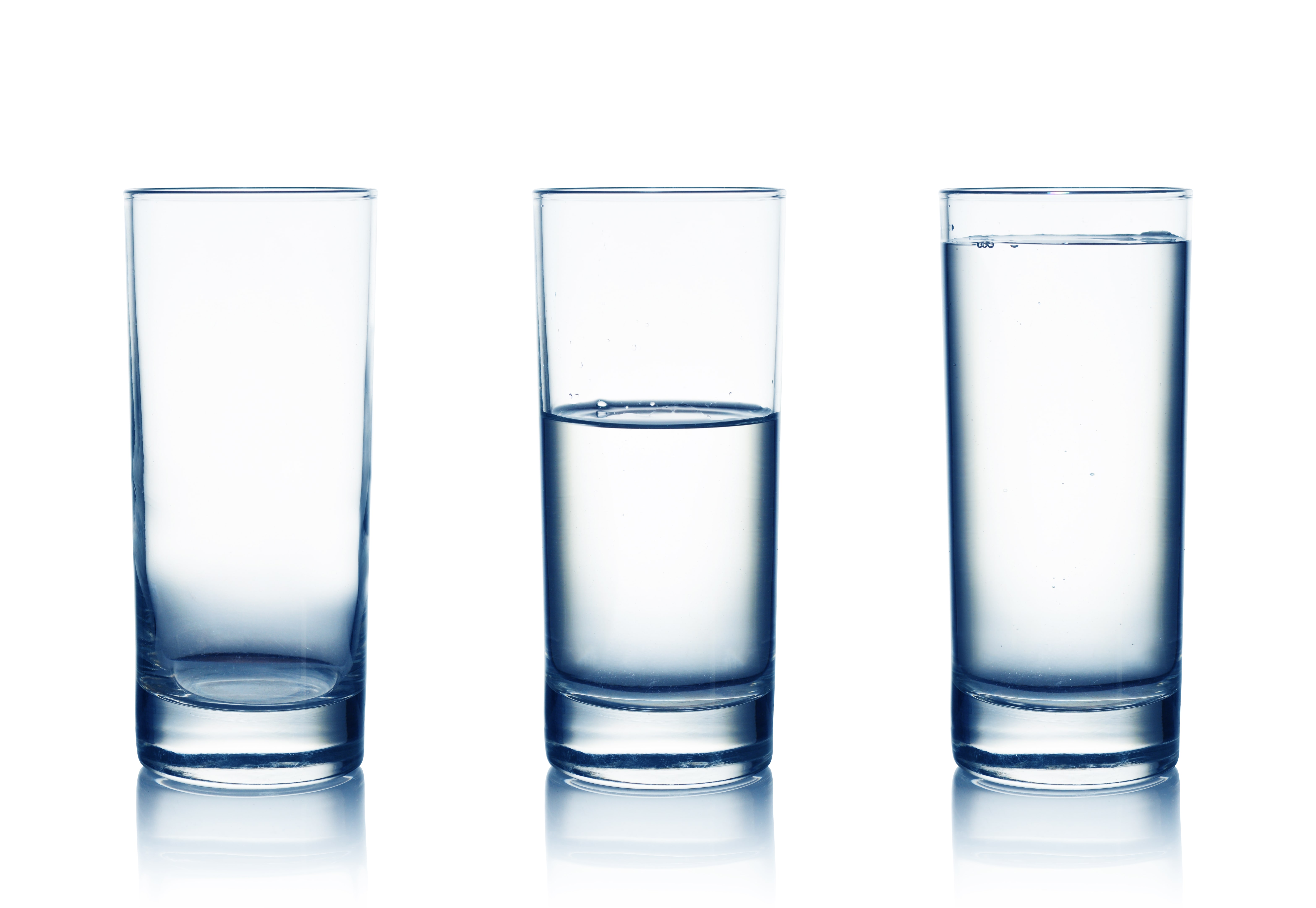
Two of the most significant factors in providing a successful foodservice are the quality of service and the standard of hygiene. Great water quality is the secret ingredient to both of these factors. At both ends of the foodservice spectrum, cost of operation is also a major element and the industry is faced with the constant challenge of achieving great water quality that facilitates both a high level of service and a high standard of hygiene while keeping the cost of operation manageable.
Investment in the right water treatment technologies can significantly reduce water consumption, while raising the water quality, ultimately impacting the bottom line through the reduction of utility bills. Getting the water quality right up front will also impact on the issues associated poor quality water whereby improving the final yield that often can be spoiled or reduced because of the likes of food spoilage due to bacteriological issues, taste taint and odour and the requirement to repair or replace equipment damaged by scaling.
Water treatment technology can be applied to reduce both influent and effluent water consumption, providing businesses a strong competitive advantage through reduction of cost. For businesses obliged to meet greener standards from customers, governments or trade associations, it brings the peace of mind that those standards can be more easily met setting the standards within this competitive business sector.
By assessing each application in which water is used, foodservice operators can develop a deeper understanding of where, why and how their water consumption can be optimised, ultimately making their dependence on water friendlier to both the environment and the bottom line.
Turning the tables
For the majority of diners, the taste of their table water will form much of their first impression of the establishment before they’ve even glanced at a menu. One of the most obvious challenges for foodservice operators is maintaining a high quality of drinking water, ice cube water and makeup water in other beverages.
The installation of bespoke deionisation/filtration system and bespoke disinfection systems such as chlorine dioxide will remove taste taint and odour associated with water chlorination) this can yield a healthy return on investment for foodservice operators, providing a higher quality of water for beverages, bar guns, food preparation and steaming. An effective water treatment provider will recommend full RO system including pre-treatment, disinfection equipment and storage tanks that will bring a noticeable difference in water quality wherever used.
Optimising with expertise
A trusted provider will supply, install and service the relevant equipment with cost reduction at the forefront of each application. To ensure this, bespoke solutions can be provided based on various factors including the size and average water consumption of each individual foodservice site.
After sales care is equally as important and regular service visits will ensure that water consumption not only remains cost effective, but can be further optimised in response to future developments.
Gary Sewell
